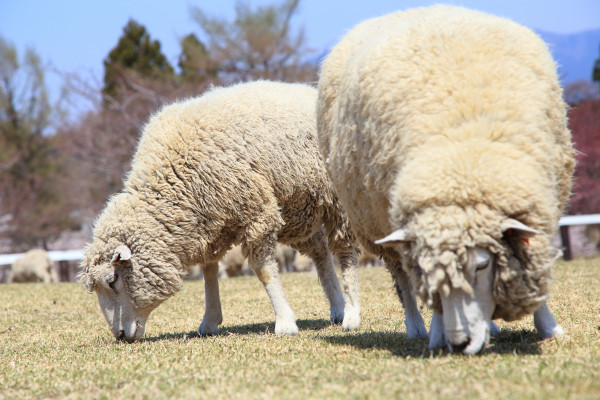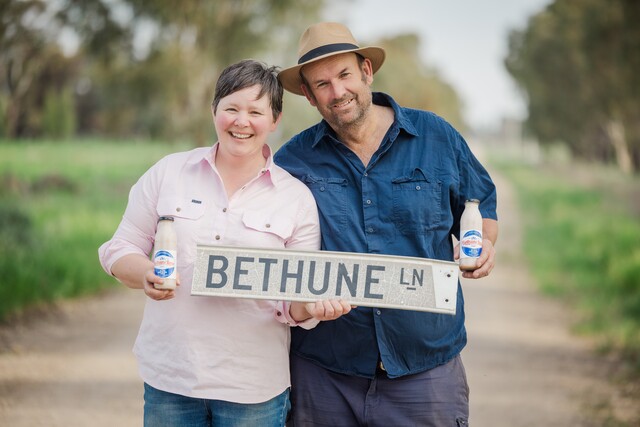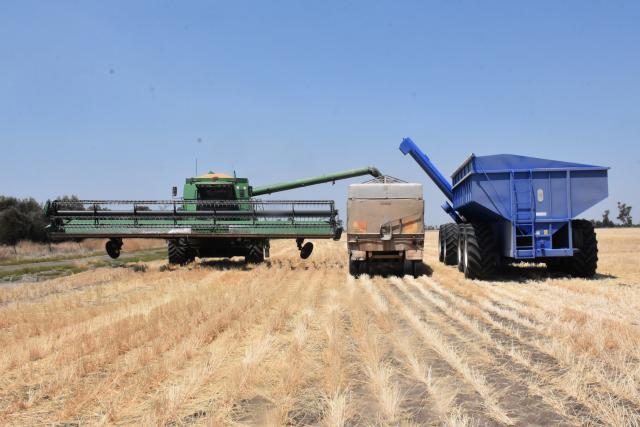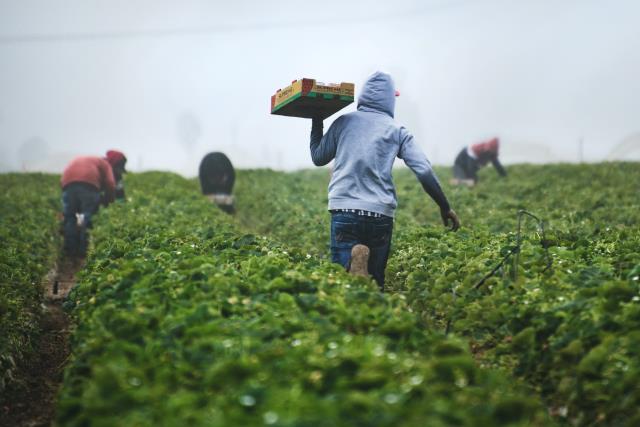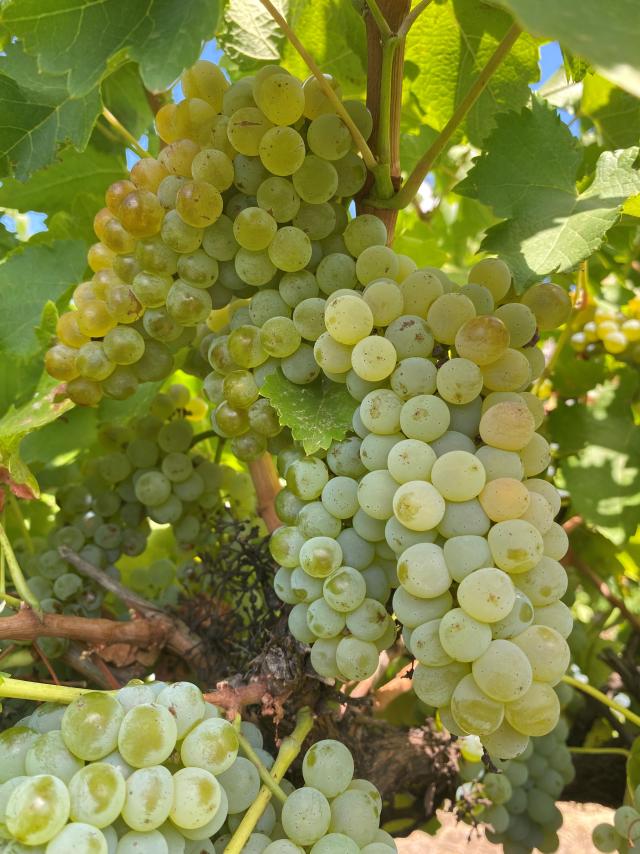The race to reform shearing is still running and Australian Wool Innovation chair Jock Laurie says work is progressing well on developing a new form of biological de-fleecing with the University of Adelaide.Jock says it is critically important for the industry because we need to provide growers with options.
He says times of pressure in industries drive change, and “that is exactly where we are with the wool industry right now”.
“We are seeing some very positive things coming out of the University of Adelaide’s work and they are confident they can progress it and confident that in about 18 months we should have a clearer picture of what the story is,” Jock added.
“It is different to the Bio-clip system, that provides a clean break and then needs nets,” he says.
“The protein is administered and then you can leave it a couple of weeks grow your 5mm and start removing the wool at a point when it is down to 8-10 newtons – no nets are not needed.”
Jock says what the industry needs now is to find a better method to administer the protein, whether that is via an implant or an injectable, and that work is being done now.He says we know the protein puts a break in the wool so it can be harvested easily.
“It is amazing the number of woolgrowers who have got ideas on how to remove the wool, so I think it will be a fairly simple process using VE machines, a level of robotics or air or whatever to remove the wool and move it via air up into bins, classers tables or wool presses,” Jock adds.
“I think there are a whole lot of processes to consider, that’s what the evolution will be,” he says.“Obviously, there will need for Australian Pesticides and Veterinary Medicines Authority (APVMA) approval, commercialisation to deal with and the need for mechanical means to remove the wool.”

